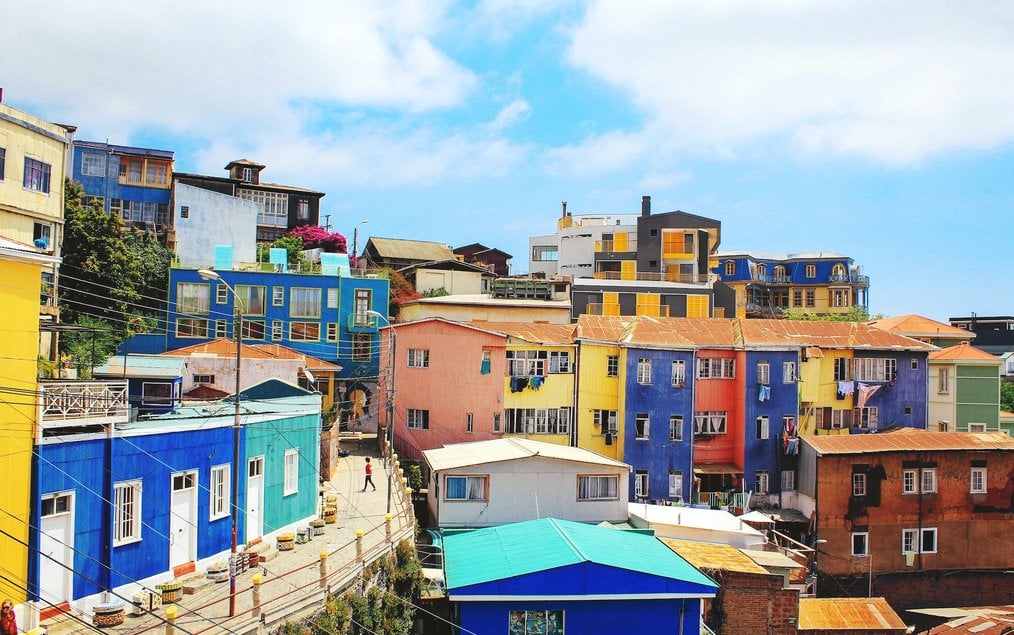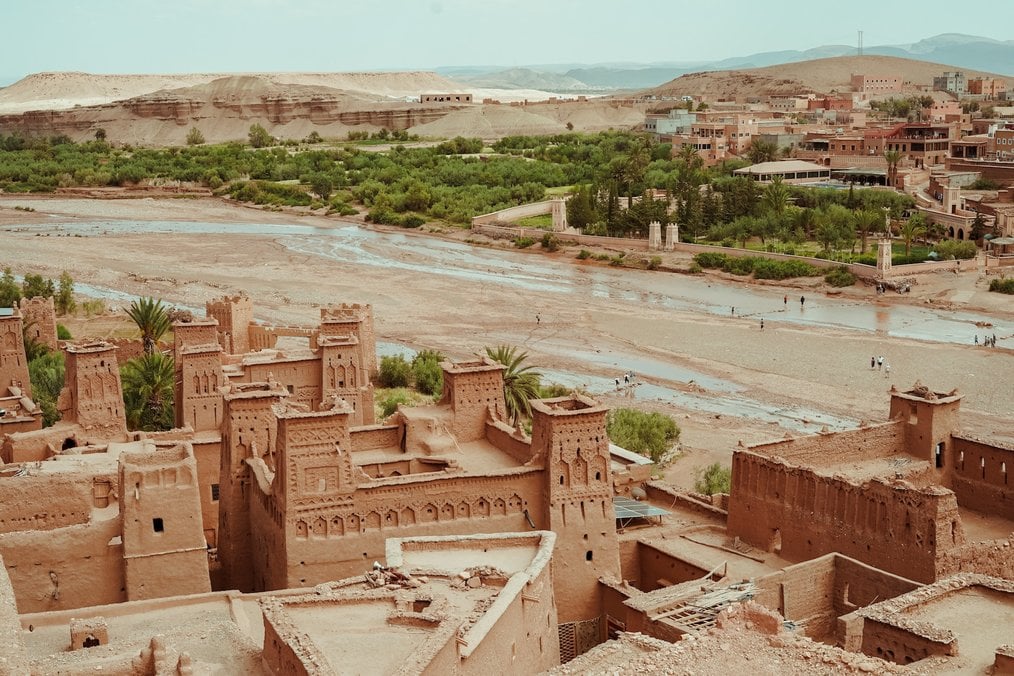5 Reasons to Study Abroad in a Developing Country

When students decide to study abroad, it’s usually for a variety of reasons. Some really want to explore the world and see what other cultures are like. Some are fascinated by the ideaa of living abroad in another country and experiencing a life different than their own. Some just like the idea of being able to get drunk legally and party in a different environment.
When students are considering a study abroad program, much has to do with the destinations his or her school offers. The most popular destinations for American students wanting to study abroad are in more developed countries and regions – Europe, Australia, and New Zealand topping the list. The world is a big place, though, and I wanted to throw my hat into the ring for more developing regions and countries. Don’t just go where the masses go. Look into Latin America, Asia, and the Middle East. See what a county like India has to offer.
Sure, it will obviously be more difficult than going to a westernized nation that provides every amenity that you’re used to. But the majority of students who decide to leave their schools for a summer or semester do so because they want to expand their horizons. They want to challenge themselves. And what better way to challenge yourself than to really get out of your comfort zone and head to a region that is completely different than what you’re used to. Here are 5 reasons why you should forego Europe, Australia, or New Zealand and instead head to a more developing region for your study abroad experience.
#1. You’ll Really Get Beyond Your Comfort Zone
Leaving your school and home country to go anywhere in the world can be a scary proposition. But having the chance to really go beyond your comfort zone will strengthen you in more ways than you can imagine. It will open your mind and give you the chance to really see how other cultures live. While that’s certainly possible to experience in places like Europe, Australia, and New Zealand, it’s just different in developing countries, mainly because of money. The poverty in other, less developed regions of the world can be a tough thing to witness firsthand, but I believe it’s important in a young person’s development of their worldview. There’s no better way to change your perspective on life and western ideals than to witness how little people in the rest of the world live with.
#2. Developing Countries are Constantly Changing

One of the pluses of living and traveling in developing countries is that they are always changing. If you go to a place like India right now, chances are it’s going to be vastly different 5 or 10 years from now. Sure, Europe is always changing, too, but let’s face it, London is going to be pretty similar 5, 10, 20 years down the line. You probably can’t say the same for a country that is on the rise, getting more popular on the tourist circuit, or has a growing middle class. Ask those who went to Laos 10 years ago. It was a completely different country than it is today, and it will most likely be completely different now than in 2020.
#3. You May Not Be Able to Spend an Extended Time There Later in Life
Living and traveling in developing countries is certainly much more difficult the older you get. Take advantage of your youth now while you can. Taking an 18-hour bus ride is nothing when you’re in your early 20’s, but once you start getting up there in age, it becomes harder. Taking off for the weekend and sleeping in dorm rooms in hostels is awesome when you’re 19, but not so much when you’re 40. While you can and hopefully will travel in some of these areas when you get older, it will be different and more challenging. Not to mention the fact that getting the time off to take an adventure like this is not the easiest thing in the world, especially in the US.
#4. You Can Get the Chance to Make a True Impact on the Community

Living in an area where poverty is high usually means education opportunities are low, which also means that there are plenty of opportunities to lend a helping hand. If you go to an area where English is not the first language but a premium is put on tourism, then there will be a need for English speaking locals. You could get the opportunity to help teach young kids and adults your language, and they are all eager to learn to get the chance to better themselves. There are also plenty of opportunities to help out in other ways, and making a true impact on the community you’re living in is a powerful thing to take home with you.
#5. It’s Cheaper
While this shouldn’t be tops on your priority list, it’s still important. Studying in Peru or Vietnam is going to be much cheaper than Ireland or New Zealand. Being able to take advantage of a long weekend to go to a Thai beach with minimal money is pretty awesome. Or taking off for a hike in the Andes during a school break while paying very little to do so. It’s much easier to travel around the region you’re studying in during your time off when travel doesn’t cost very much. The same goes for food and general living expenses. In regions like Latin America and Southeast Asia, it’s possible to get by on a quarter of what you would spend in a country like Spain.
No matter what you decide, just know that there are no wrong decisions. You just have to do whatever’s best for you!
Where to study abroad is an important decision that shouldn’t be taken lightly or made haphazardly. Sure, it would be easy to just go where everyone else goes, but you should consider all your options. Look into every possibility and then make an informed decision on where to go.
